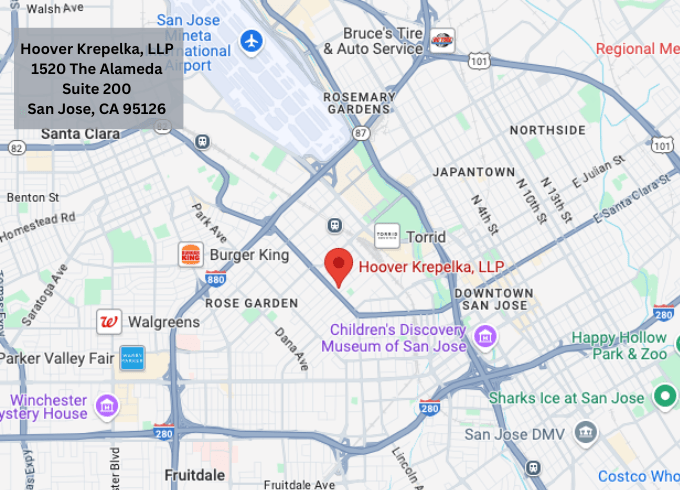As someone preparing to break free or has recently liberated yourself from a person who has long been subjecting you to domestic violence, you may wonder how you can ensure that the perpetrator never threatens or hurts you again. One of the first stepping stones to ensuring that they stay away from you is to secure a restraining order.
There are a few different restraining orders that you can petition the court for, provided that you can successfully demonstrate that someone has threatened or inflicted harm upon you according to California’s Domestic Violence Prevention Act (DVPA).
What constitutes domestic violence in California?
The DVPA describes the following behaviors or actions as domestic violence:
- Battery or physical aggression
- Molestation or sexual assaults
- Stalking
- Disturbances of the peace
- Written or phone threats
- The destruction of another’s belongings
- Harassment
You may be eligible to petition the court for a restraining order if you’ve been subjected to any of the above-referenced tactics from a parent, someone with whom you’re currently or were previously in a romantic relationship, someone to whom you’re related by blood or someone with whom you’ve shared a residence.
What are the different types of protective or restraining orders?
Civil harassment orders are often put in place by judges in the above-referenced situations. Emergency protection orders are short-term and generally last a week or less. Temporary (ex-parte) restraining orders last just over two weeks. Each of these gives a judge an opportunity to schedule a hearing in the matter to decide whether to institute a longer-term restraining order. These can remain in place for as long as five years.
Securing more than a temporary restraining order is likely to take some documentable proof of past injuries or threats and concerns that you’ll face future ones. You have limited opportunities to make a case for why you might want to secure a restraining order, so you’ll want to have a solid argument ready to go.






